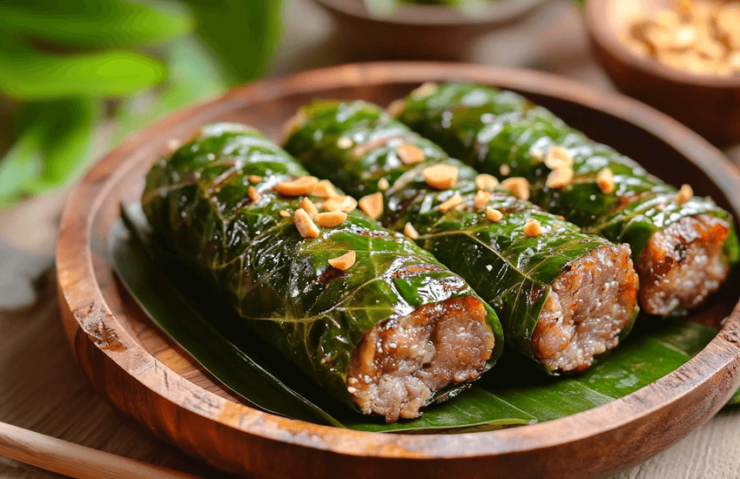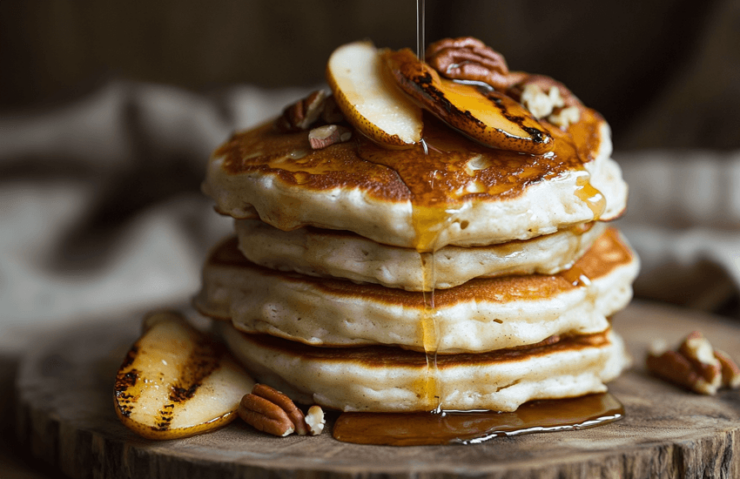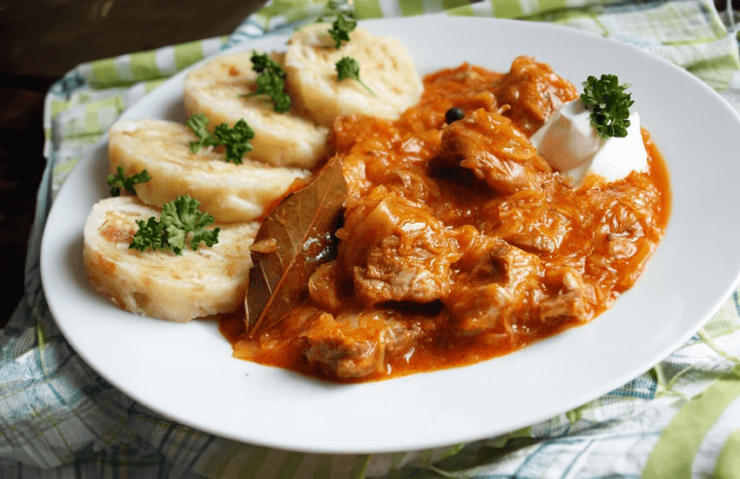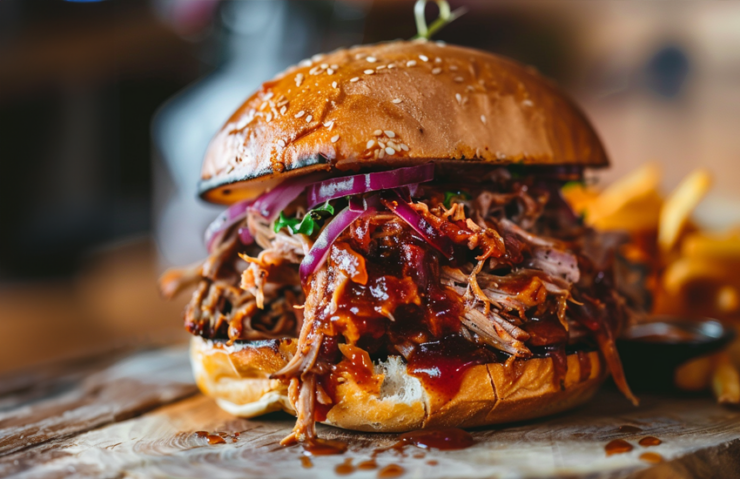Vibrant green smoothies, juicy fruits, or boxes full of vegetables—these are what many people imagine when they hear the term superfood.
However, this seemingly mythical label covers far more health-boosting products. So, what exactly are superfoods, and what makes them so special?
Let’s dive into the history and discover what foods deserve to be on the ultimate superfood list.
What Are Superfoods?
From a nutritional standpoint, there’s no strict definition for superfoods. Generally, this term refers to exceptionally healthy products. More specifically, these foods are low in calories but rich in antioxidants, minerals, vitamins, and other beneficial nutrients.
What sets them apart from ordinary foods is their potential to positively impact your body’s health.

The Myth of Superfoods
Who wouldn’t want to live forever or at least reach a ripe old age? It’s often said that a healthy diet is key to longevity. So, logically, superfoods should help, right? People began to think this way as early as the 1920s.
During that time, the United Fruit Company launched an advertising campaign highlighting the health benefits of bananas, coining the term superfood for the first time in history. This successful marketing strategy sparked the ongoing conversation around superfoods.
Important! No superfood alone will guarantee perfect health or longevity. Simply put, eating a pound of bananas every day won’t be enough to ensure a healthier tomorrow. To truly benefit from these super healthy foods, you also need to adopt a balanced lifestyle—like incorporating regular exercise.
Superfood List: 17 Tips for Your Health
Even decades after the marketing campaign mentioned above, bananas are still widely regarded as one of the healthiest foods. Their positive effects on the body are undeniable. However, there are several other superfoods worth mentioning that can contribute to your overall health:
1. Broccoli
Broccoli is celebrated for its numerous health benefits, including stroke and heart disease prevention. Like cabbage, kale, and cauliflower, broccoli is rich in fiber, which promotes satiety and is recommended for weight loss.
Interesting Fact: Research suggests that broccoli may alleviate digestive issues related to Crohn’s disease or ulcerative colitis.
2. Avocado
Avocado is gaining popularity, mainly due to its high magnesium content—about 29 mg in one avocado. Magnesium plays a crucial role in regulating blood pressure and blood sugar.
Additionally, a magnesium deficiency is linked to a higher risk of developing type 2 diabetes.
3. Berries
Berries, especially blueberries, hold a prominent spot on the superfood list.
Other berries, such as cranberries, blackberries, strawberries, and raspberries, are also known for their high fiber and antioxidant content, helping to combat harmful free radicals.
4. Green Tea
Green tea is popular for its wide range of healing properties.
Rich in antioxidants and polyphenols with anti-inflammatory effects, green tea protects against chronic diseases like heart disease and diabetes.
5. Bananas
The key element that makes bananas a superfood is potassium. This mineral supports vital bodily functions, such as lowering blood pressure, reducing the risk of stroke, and preventing kidney stones.
Additionally, potassium helps maintain fluid balance and aids in muscle function and recovery. Bananas are also an excellent source of quick energy, making them a great snack before or during physical activity.
6. Legumes
Legumes, such as beans, lentils, and peas, are considered superfoods due to their impressive content of B vitamins, various minerals, proteins, and fiber.
Regular consumption can aid in maintaining a healthy body weight by improving satiety.
7. Spirulina
This seaweed is a true superfood, packed with beneficial vitamins and minerals like vitamins A, C, E, B, and minerals such as calcium, magnesium, zinc, and selenium. Spirulina can detoxify the body and act as an antioxidant.
Did you know that about 60% of spirulina’s total content is protein? This makes spirulina an ideal ingredient for your morning smoothie.
It not only provides plenty of energy but also keeps you full for a long time, reducing hunger and the urge to overeat.
8. Garlic
Garlic, though it may bring tears to your eyes, has undeniable health benefits, earning its place among superfoods.
It boasts strong antibacterial and antiviral properties.

9. Mushrooms
Mushrooms have been considered super healthy for centuries. In Chinese medicine, they are used to cleanse the body and promote longevity.
Their positive impact on human health is due to their antibacterial, antioxidant, and anti-inflammatory properties.
10. Nuts and Seeds
Nuts and seeds are rich in fiber, plant proteins, and heart-healthy fats. They also contain various plant compounds with anti-inflammatory and antioxidant properties.
Research suggests that consuming nuts (such as walnuts, peanuts, pistachios, or almonds) and seeds (like flax, hemp, or chia) may protect against cardiovascular diseases.
11. Chlorella
Chlorella is a single-celled green freshwater algae. Because its tough cell wall is practically indigestible by the human body, it must be taken as a dietary supplement.
Only then can you fully benefit from its advantages, such as:
- Rich content of vitamins, minerals, antioxidants, proteins, and fiber
- Detoxifying effects
- Strengthening the immune system
- Maintaining blood pressure, cholesterol, and blood sugar levels
- Treating respiratory diseases
12. Moringa
The Moringa tree, also known as the “Miracle Tree,” is one of the fastest-growing trees in the world. Native to South Asia, it is highly drought-resistant. The leaves of this tree are particularly valued for their ability to treat inflammation, blood pressure issues, skin irritations, anemia, headaches, diarrhea, and fever.
In many cultures, Moringa leaves are used to make tea.
The most common, simplest, and most effective way to harness the benefits of these “miracle leaves” is to consume them in powdered form.
13. Ginger and Turmeric
Ginger and turmeric also make the superfood list. Ginger contains gingerol, a compound known for its antioxidant and anti-inflammatory effects on the body, while turmeric contains the yellow pigment curcumin, which can boost immunity.
Both are popular not only for treating colds, flu, and coughs but also as preventive measures against these illnesses.
14. Cocoa and Cocoa Beans
Did you know that cocoa, or cocoa beans, can improve your mood, for example, in the form of dark chocolate? How is this possible? Cocoa is packed with antioxidants and beneficial minerals (such as magnesium, manganese, and iron).
Thanks to these, a piece of quality dark chocolate can enhance cognitive function and memory, naturally contributing to a better mood.
15. Maca
Maca is a vegetable related to broccoli, cauliflower, cabbage, and kale. Some populations in Peru have used it as both a food and medicine for thousands of years.
In recent decades, it has gained popularity worldwide due to its ability to support sexual desire, improve male fertility, alleviate menopausal symptoms, and increase energy and mood.
16. Alfalfa
Alfalfa, also known as lucerne, is believed to help prevent cardiovascular diseases by lowering blood cholesterol levels. It also protects against nervous system degradation and delays osteoporosis due to its high calcium content.
Alfalfa is generally packed with not only calcium but also other minerals (phosphorus, potassium, and magnesium) and vitamins (A, C, and K).

17. Matcha
Matcha is a powdered green tea. The health benefits of matcha have been known in Asia for several thousand years. When you drink a cup of matcha, you consume the entire tea leaf, allowing you to absorb the maximum amount of nutrients, such as chlorophyll, fiber, vitamins, and minerals.
Matcha tea can improve concentration, mental alertness, and energy, but it also enhances the body’s defenses against free radicals. It strengthens immunity, aids in weight management, and helps maintain blood sugar levels.
Conclusion
Superfoods can certainly contribute to overall health, but remember, they are most effective as part of a balanced diet and lifestyle.
While no single food can work miracles, incorporating these superfoods into your meals can support your body’s natural processes and improve your well-being over time.







Please register to post comment.